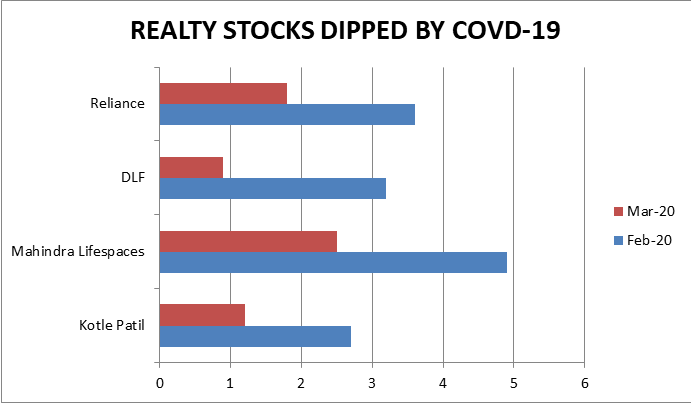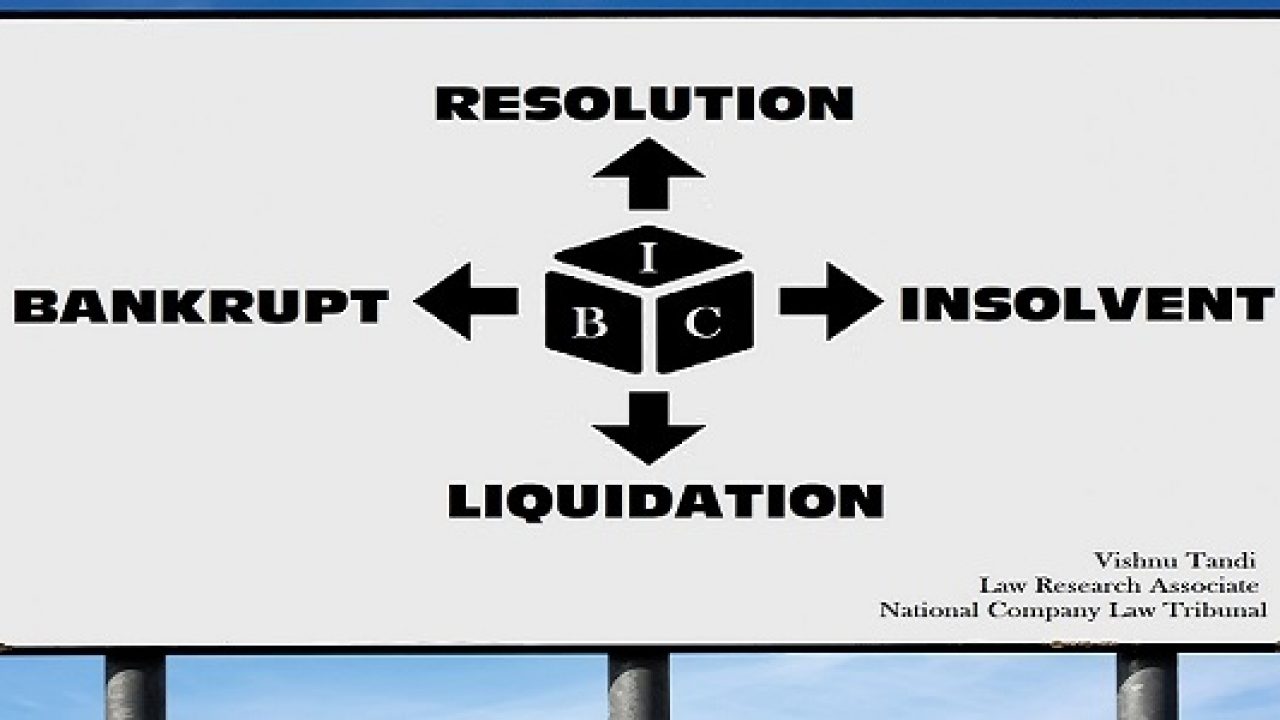A home loan is one of the most significant credits you take in your lifetime, and it is crucial that you make an educated choice. There must be no place for a mistake or confusion as an important part of your life will be spent availing the debt.
Acquiring a home loan to purchase a property in India is an ordinary practice, particularly among the lower and middle-income groups. Nonetheless, being a debt instrument and carrying numerous subtleties, there widespread a plethora of myths related to a home loan. Let us demolish some of the myths around it.
Myth 1- Poor credit score ensures the rejection of loan application
There is a common myth that low credit scores always lead to an altogether rejection of the loan application. This myth keeps potential homebuyers from applying for a loan. It is true that banks are strict with respect to low credit history, and they remain cautious when the credit score is 750 or below (out of 900). However, banks do not always reject a home loan application with a low credit score. They might put additional binding conditions for repayment, trim the loan amount, increment in the interest rate or penalty on non-payment, or even consider a joint loan application.
Myth 2- The low-interest rate is always better
Hence, every borrower desires that he get the loan at the lowest rate possible. Therefore, the rate of interest offered by a bank is established on elements such as the credit payment schedule of the applicant, credit score, and borrower’s income, among others. A low-interest rate might additionally mean that the borrower has had to compensate a larger down payment (lower loan to value ratio). It might likewise states that the standard distribution of 80 percent financing was not approved.
Myth 3- Short tenure loans are the best choice
By nature, a home loan has to be a long tenure loan. The borrower services the debt for almost twenty years on an average. Short tenure loan might come at the cost of higher Equated Monthly Installments (EMIs) and might not leave a room for other emergencies. However, the loan will be serviced at a contrarily rapid pace, high EMIs may imbalance the monthly budget. It is better to pick a medium-term loan with an accessible EMI.
Myth 4- Firm interest rate is better than volatile interest rate
Individuals are of the opinion that because of the volatile market conditions, it is preferred to go for a fixed interest rate loan. Hence, in the longer run, the floating rate regularly costs lesser than the fixed rate by one to two percent. Even if the rate is escalating because of market fluctuations, the rates sustain within a month. Choose floating interest rates over fixed rate can assist you save a lot of money.
Conclusively, it is in the fine interest of a home loan applicant to be aware of the finer details associated to a home loan. Seeking help from the website of the lender and reviewing all the information related to the loan beforehand is crucial on the borrower’s part.






